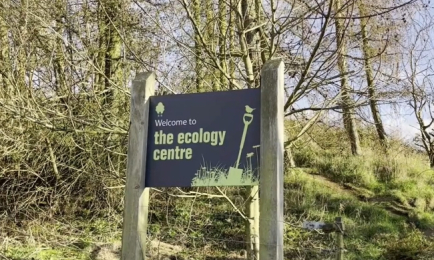Learning and skills
Agricultural support in Scotland is changing. From 2025, new conditionality will start to be introduced to agricultural payments, targeted towards biodiversity gain and a drive to low carbon approaches.
To help support farmers, crofter and land managers, Scottish Government have produced a range of information sheets to help farmers and crofters prepare for these changes, to identify recommendations that can lower emissions and increase efficiencies.
- Read more about Preparing for the future of agricultural support
- Log in to post comments
Vital in the fight to tackle climate change, peat covers more than 20% of Scotland and is crucial for water quality, richly diverse landscapes, slowing floods and wildfires, sustaining rural jobs and storing carbon.
An evaluation report - 'Women in Agriculture Practical Training Fund 2021-2022: evaluation report' - has been published by Scottish Government.
- Read more about Women in Agriculture evaluation report published
- Log in to post comments
An industry-led strategy which aims for a 25% increase in turnover for Scotland’s food and drink sector by 2028 has been published.
New conditions for farming support payments will be introduced from 2025, to help more of Scotland’s farmers and crofters cut emissions and help tackle climate change.
The criteria will also support farmers and crofters to meet more of our food needs sustainably, and farm and croft while working to protect nature.
From 2025 farmers and crofters will be required to adopt the following practices to qualify for the payment:
- Read more about Future agricultural support
- Log in to post comments
Gaelic projects aimed at increasing education provision and the use of innovative technologies are to receive a share of £4 million funding.
Five initiatives have been awarded funding as part of the Gaelic Capital Fund for 2023-24, including the development of the world’s first indigenous language virtual immersive hub on Islay. The new hub will utilise state-of-the-art technology, including virtual, immersive and mixed reality, as part of a unique Gaelic learning experience. Phase one of the project is expected to be completed in October this year.
- Read more about £4 million in capital investment for Gaelic education and community initiatives.
- Log in to post comments
Participants in a programme designed to encourage new entrants into farming have commented on its successes.
An evaluation of the Scottish Government’s Starter Farm Initiative shows that it has provided opportunities to run a farm business, and valuable skills and experience to enable participants secure future tenancies and further their agricultural careers.
- Read more about Supporting the next generation of farmers
- Log in to post comments
- Read more about Supporting community-accessible woodland
- Log in to post comments
